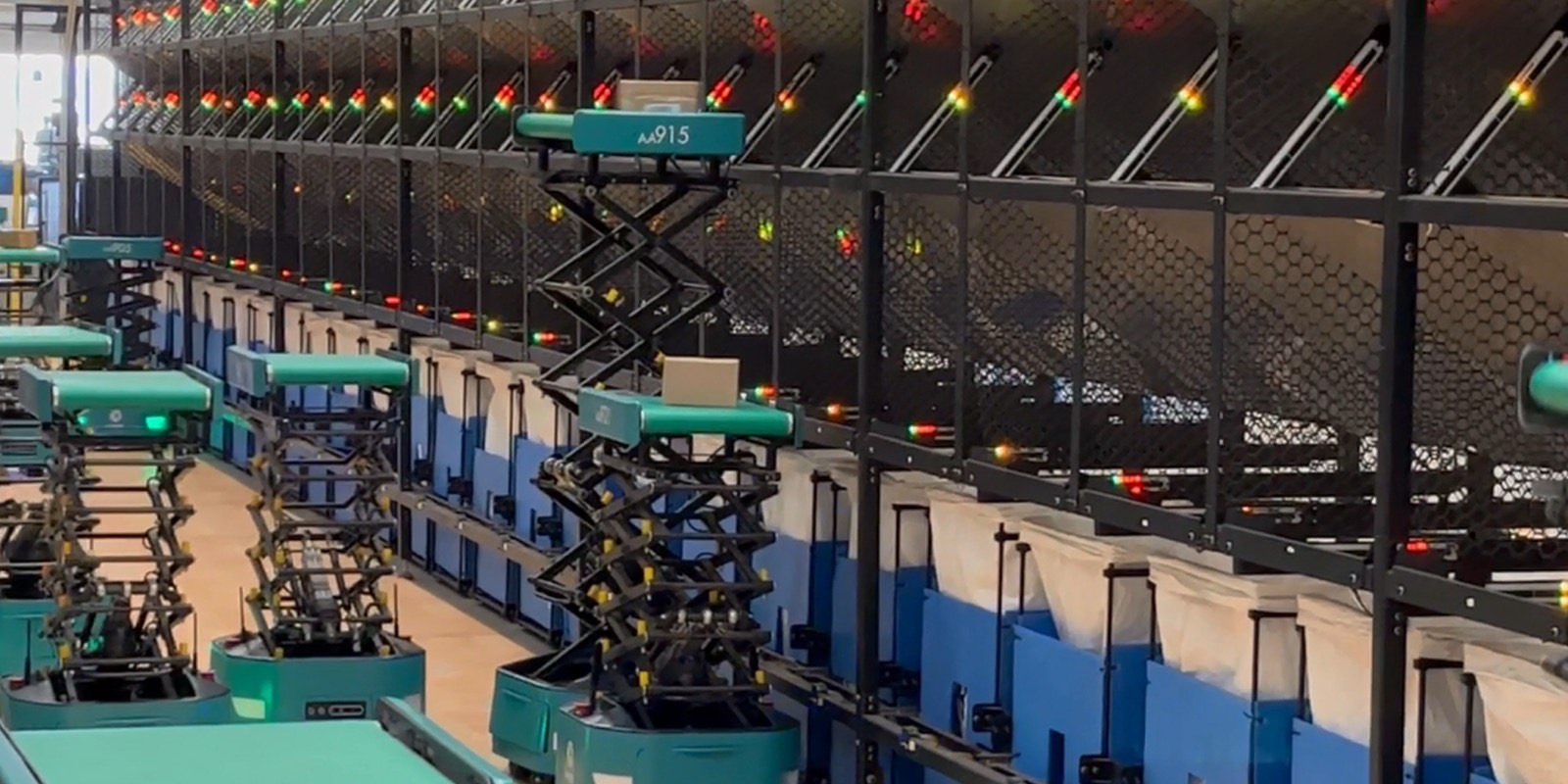Ofcom has unveiled proposals to reform the UK’s Universal Service Obligation (USO), aiming to bring the postal system in line with changing consumer behaviour and ensure the long-term sustainability of Royal Mail’s operations.
With letter volumes falling dramatically and parcel demand continuing to grow, the regulator is seeking to modernise the services Royal Mail is legally required to provide, while maintaining key features that consumers still value — such as affordability and nationwide coverage.
Letter Decline Spurs Review
Over the last decade, letter volumes in the UK have halved — from around 14 billion in 2011/12 to just 7 billion in 2022/23. In contrast, parcel volumes have risen steadily, driven by e-commerce and changing business models. Ofcom’s review responds to this shift, highlighting that the current six-day-a-week letter delivery model is no longer aligned with consumer needs or usage patterns.
Proposed Changes to the USO
Among the most significant proposals is a revision to delivery frequency. Royal Mail would no longer be required to deliver Second Class letters six days per week. Instead, deliveries would be made every other weekday, while First Class mail would continue with a six-day delivery schedule. Parcel services are unaffected by the proposals.
Ofcom also recommends updating performance standards. The new model would set realistic expectations based on how consumers actually use the mail:
- First Class delivery: target of 90% delivered next-day (down from 93%)
- Second Class delivery: target of 95% delivered within three days (down from 98.5%)
New reliability targets:
- 99.5% of First Class mail delivered within three days
- 99.5% of Second Class mail delivered within five days
These changes reflect a growing preference for reliability and value over speed, according to Ofcom’s research.
Affordability and Accessibility Remain Key
While usage patterns have changed, many people still depend on the postal service — particularly in rural and remote areas. The regulator is committed to preserving elements such as uniform pricing and national coverage to ensure fair access for all.
Consumers indicated that they continue to value the availability of next-day First Class service and the ability to send items across the country at a consistent price.
What Happens Next?
The public consultation on these proposals closed in April 2025. Ofcom is now reviewing responses from stakeholders, including postal users, businesses, and consumer groups. A final decision on the updated USO is expected later this year, with implementation likely to follow shortly after.
For the logistics sector, these reforms mark a significant step in rebalancing letter and parcel operations, aligning the regulatory framework with today’s market demands and delivery expectations.












